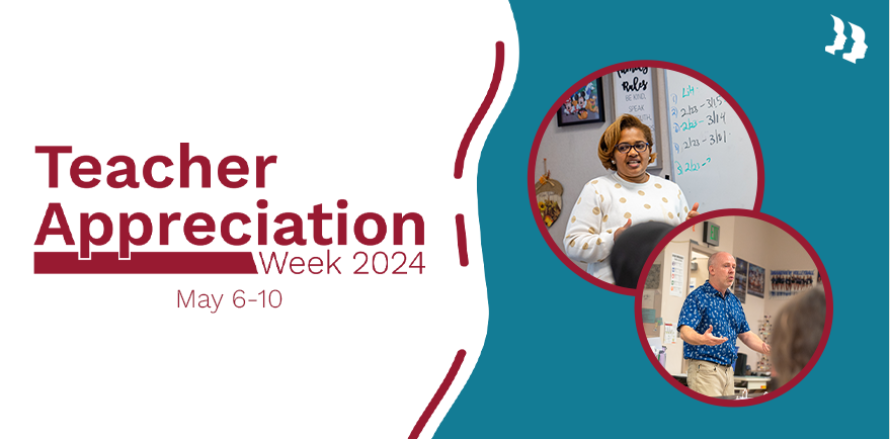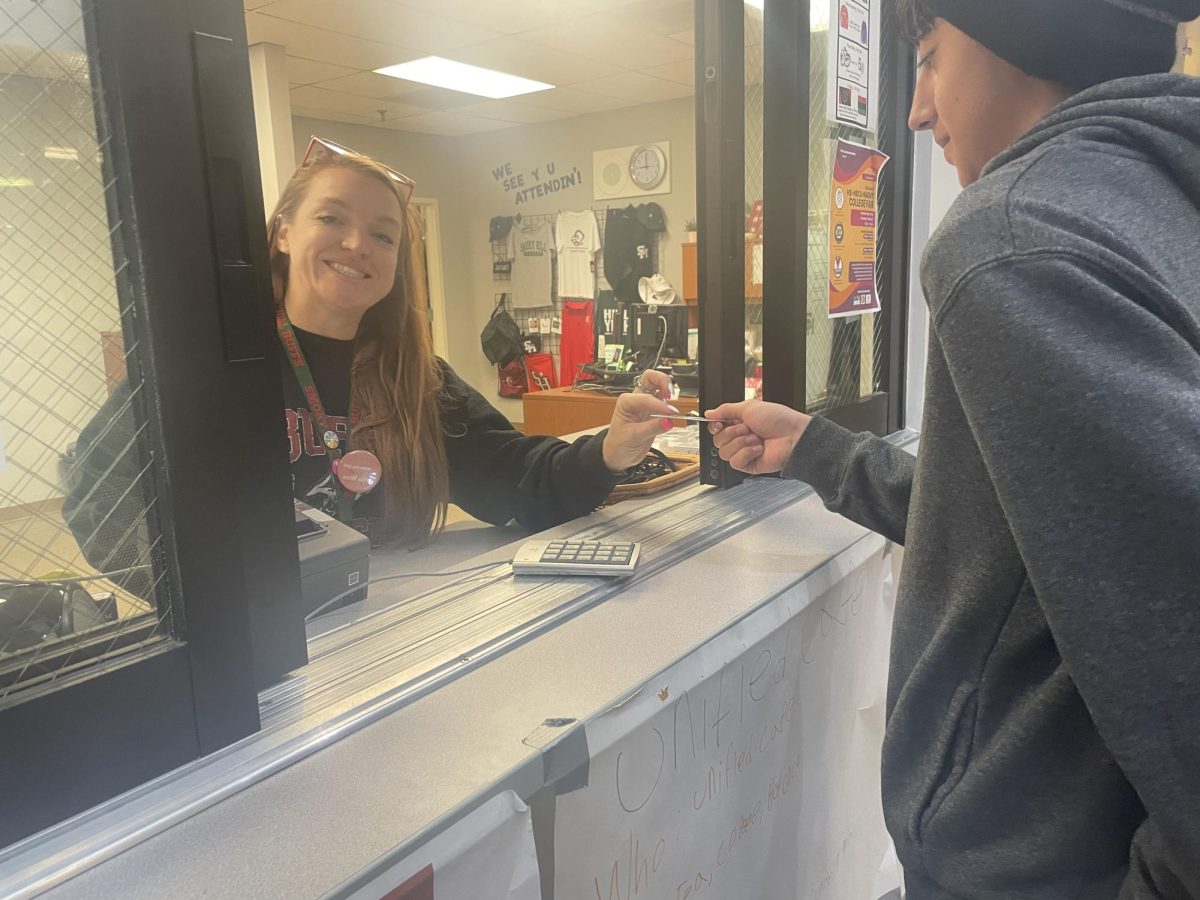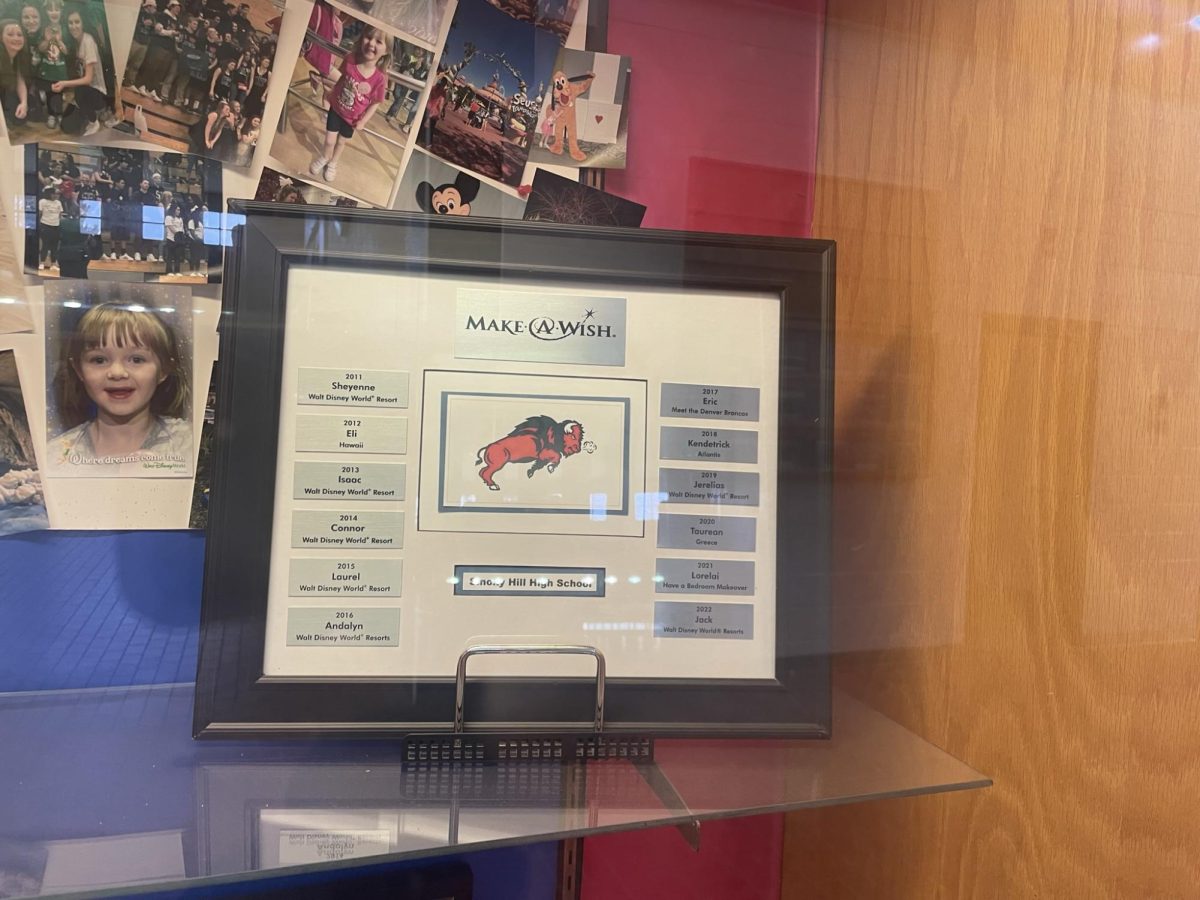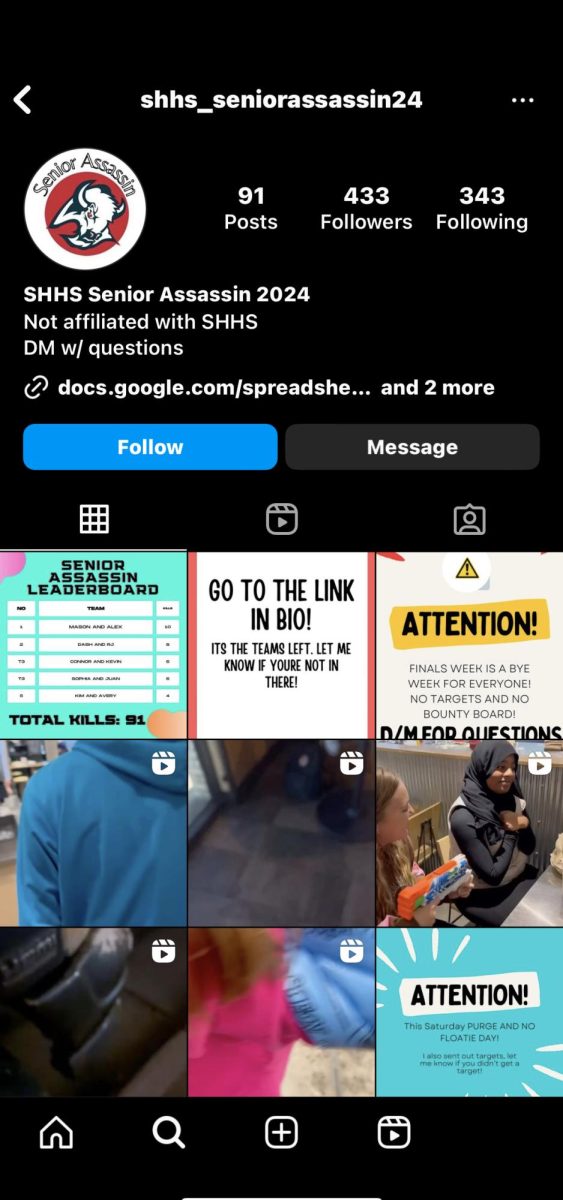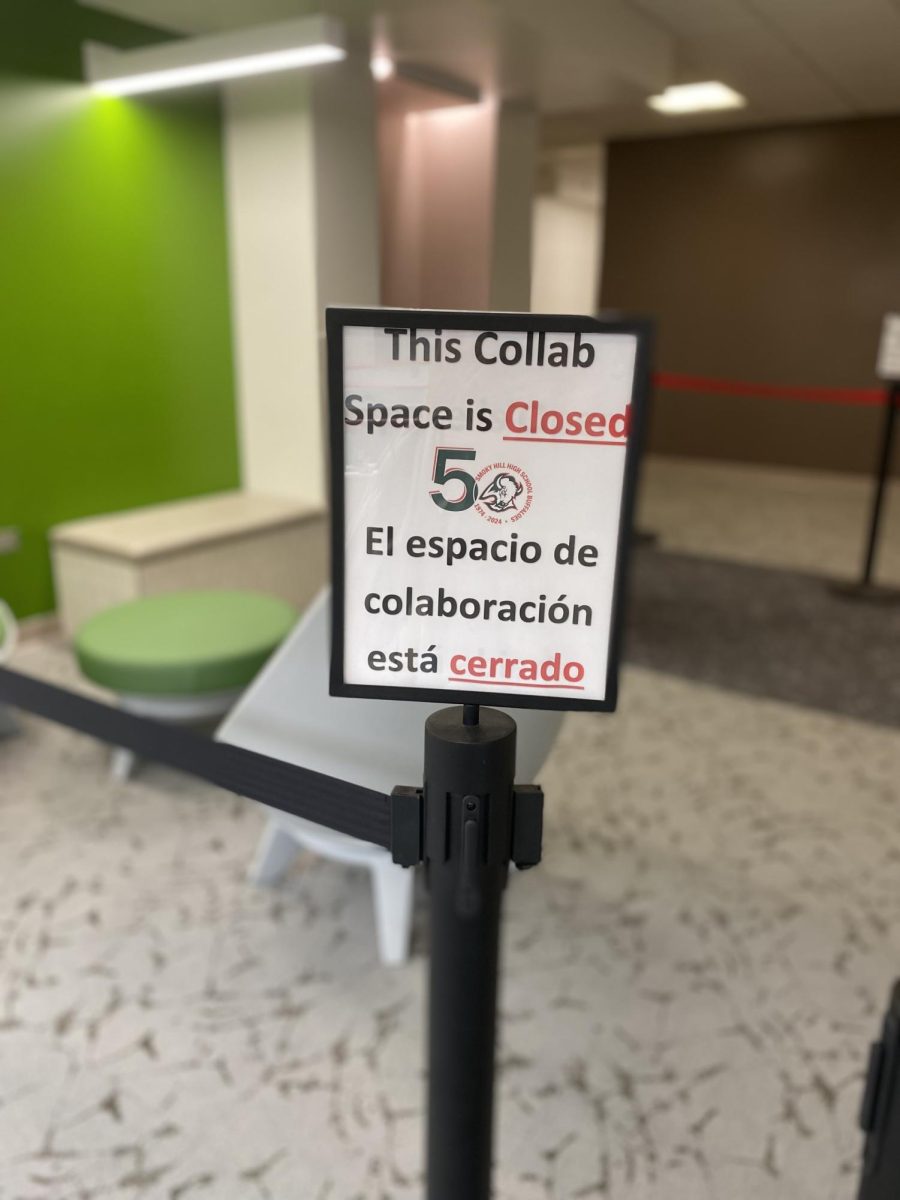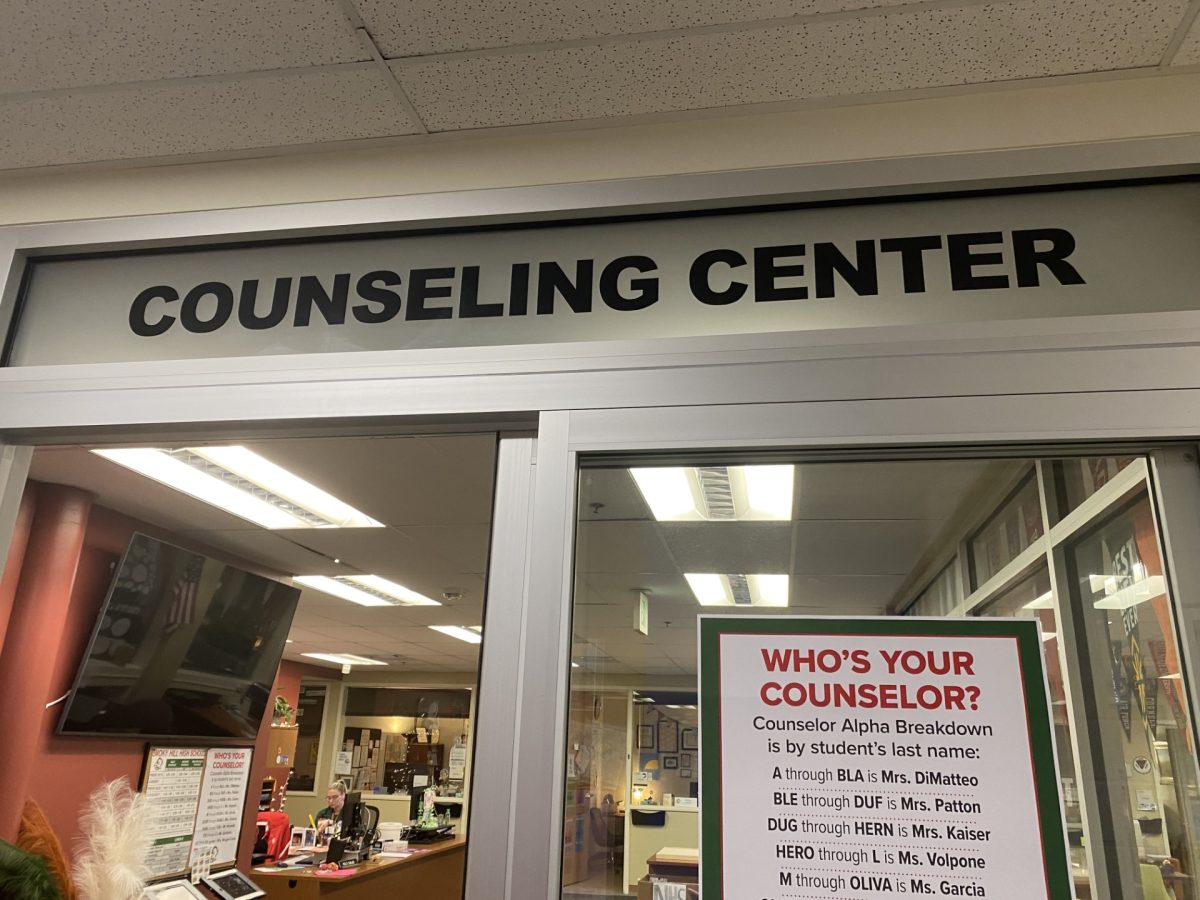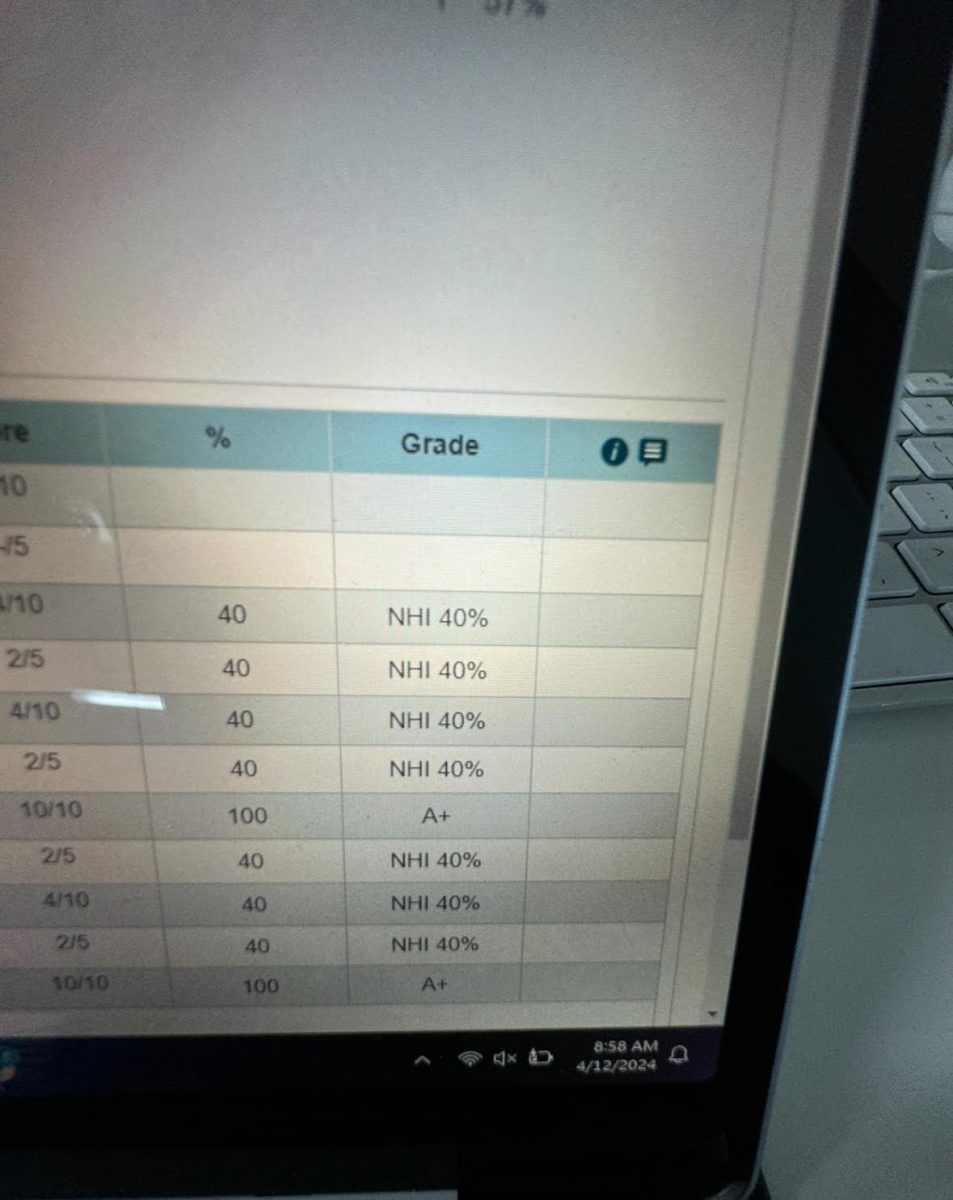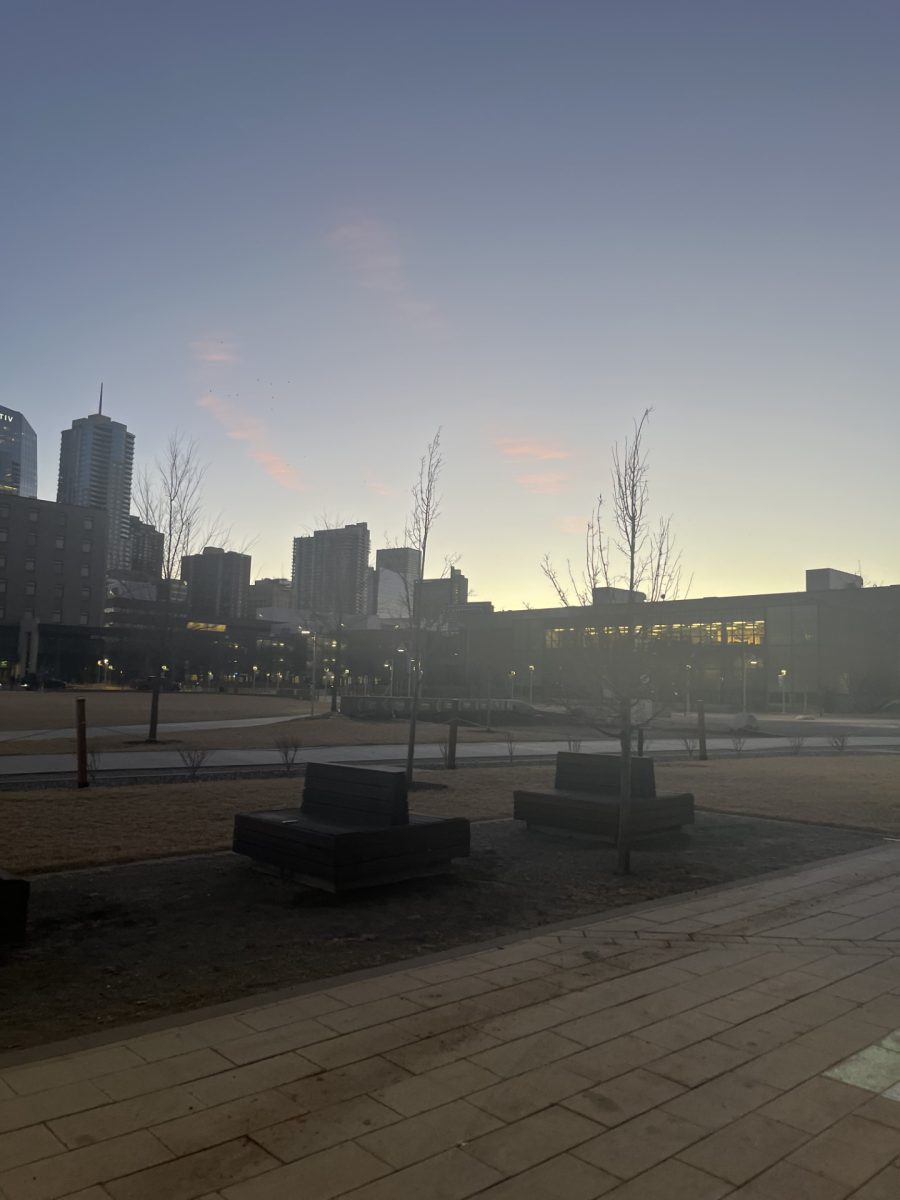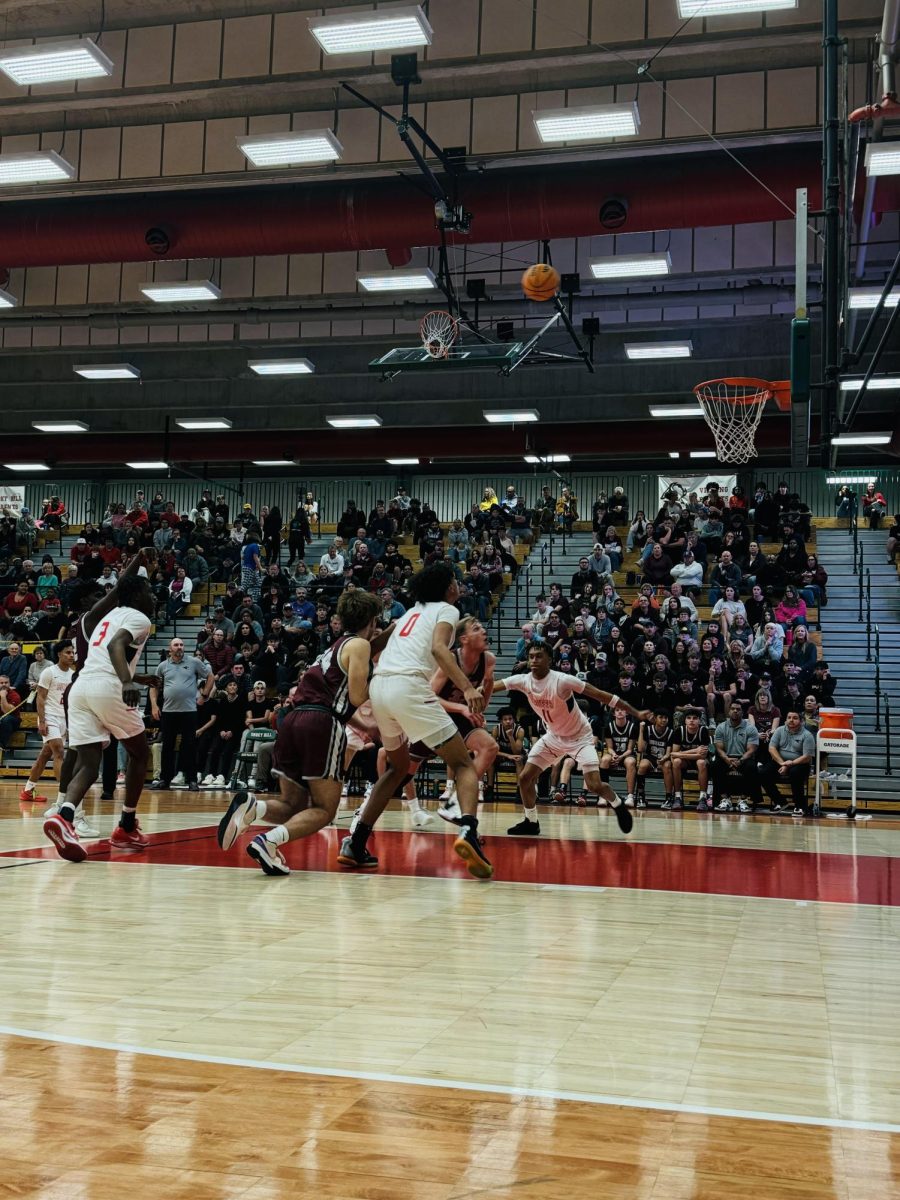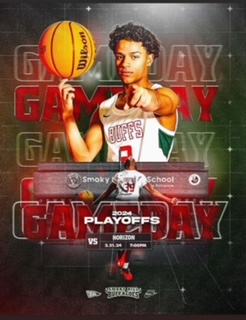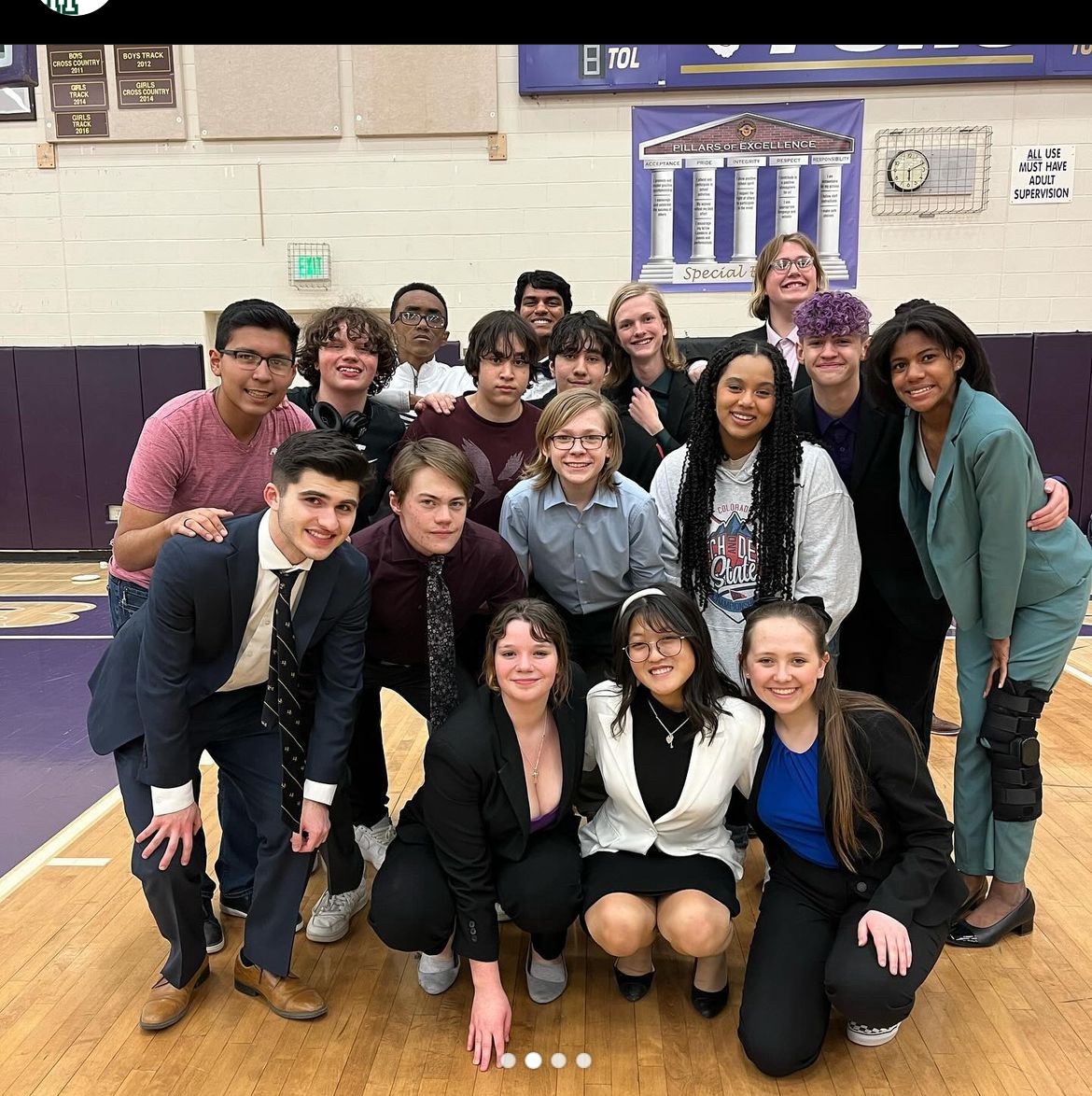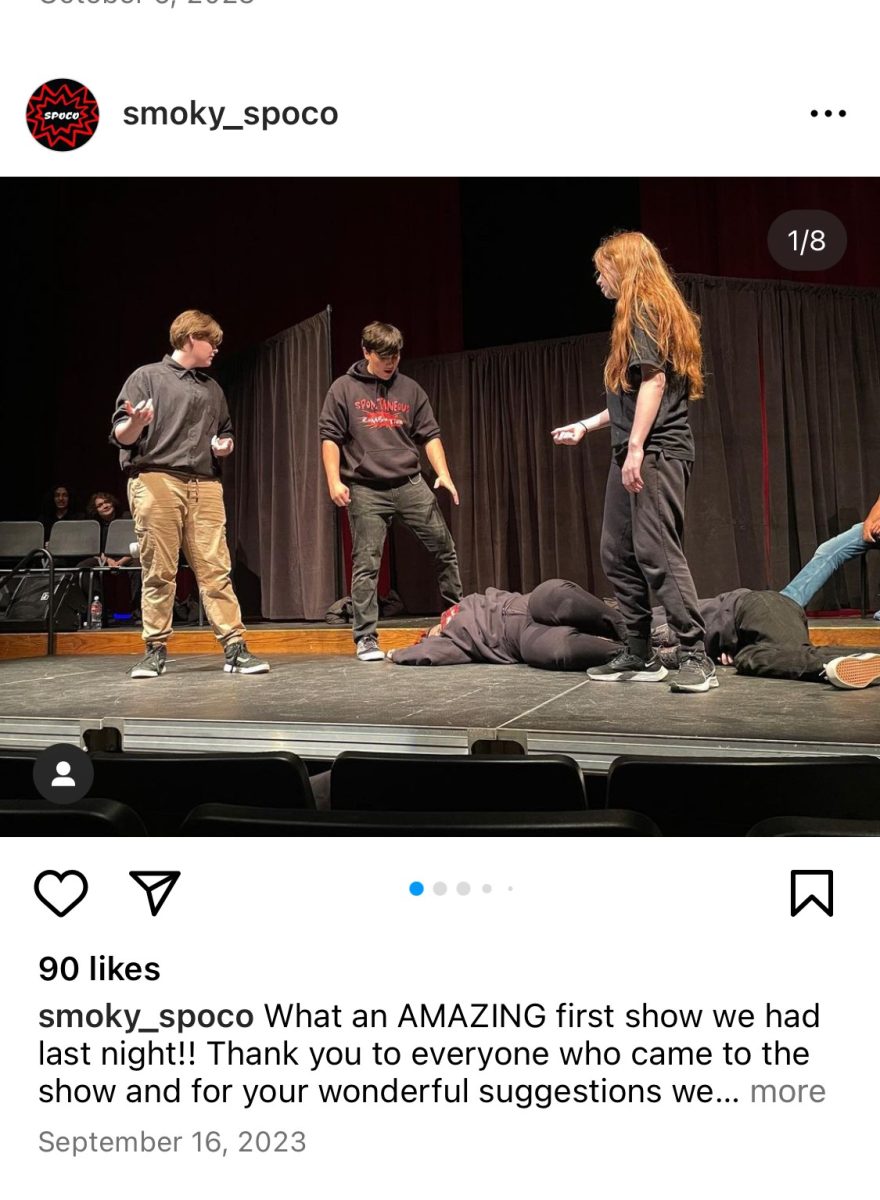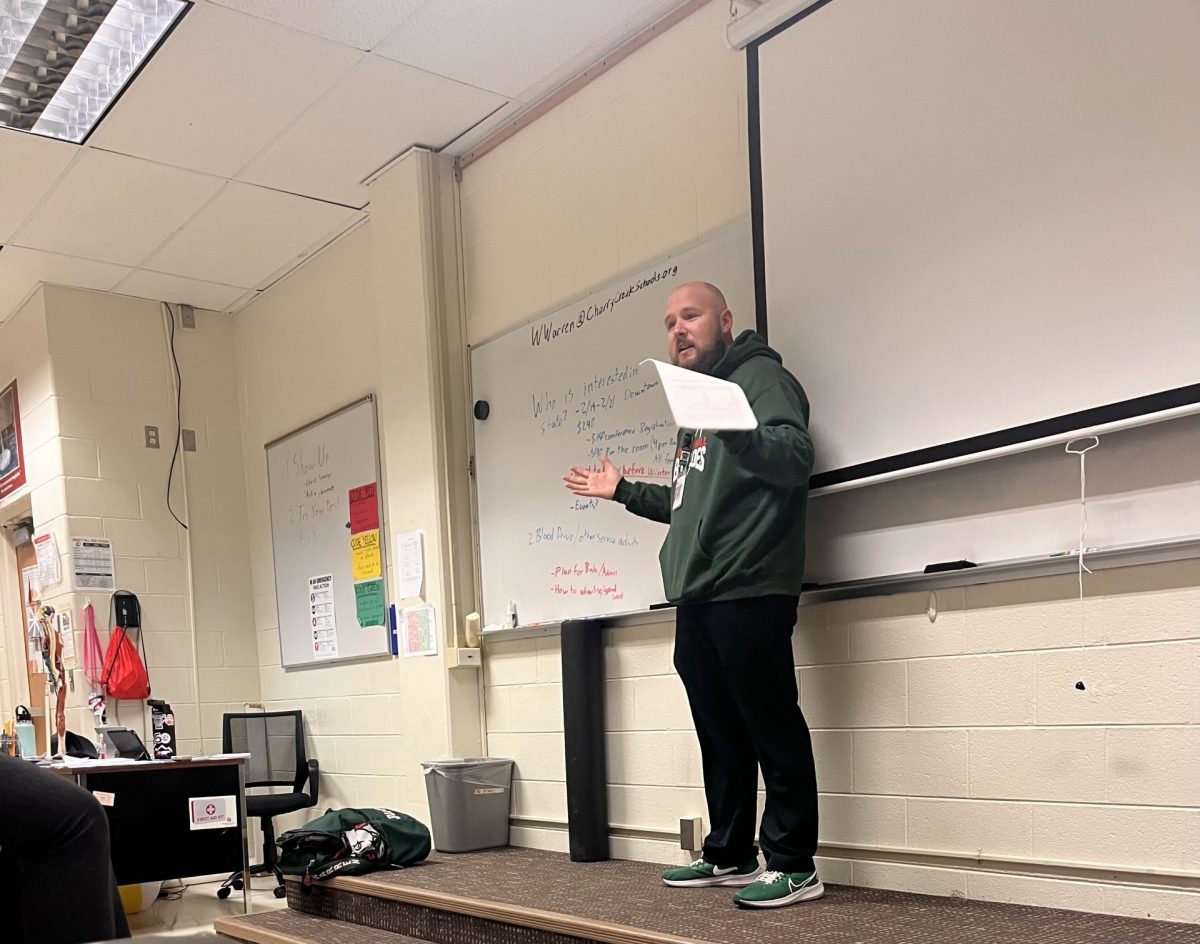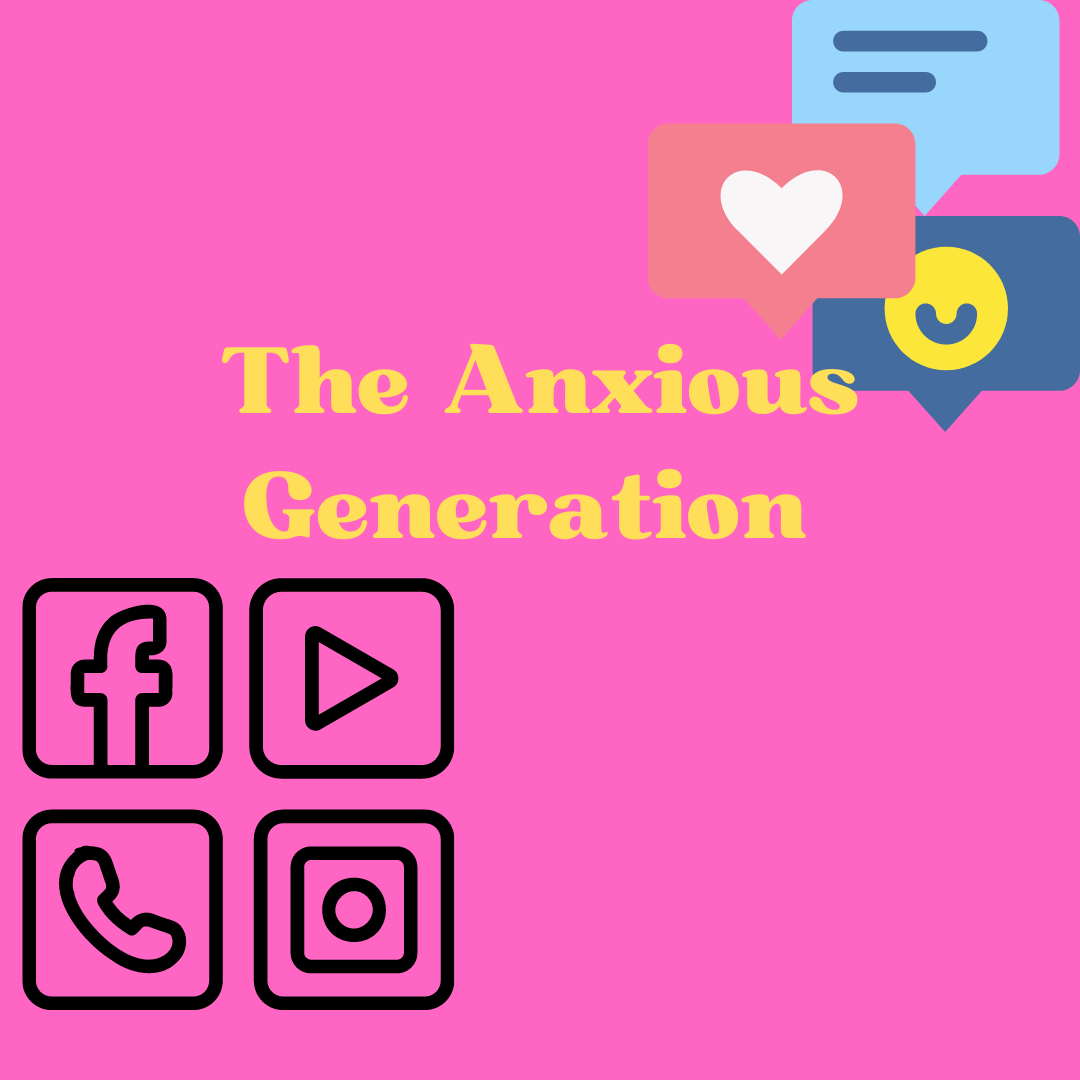What Students Think For Advisory
Students’ responses to advisory at Smoky.
February 6, 2023
Every Wednesday, students have the advisory schedule. This means that classes are shortened to the range of 1-11 minutes and classes end and start at different times than regular days. After all of this, there is a 40-minute class that is basically a class supposed to support students with their grades.
In reality, for some students, it’s just a mini-off period or just a class where they do nothing and be on their phones for the whole period.
“For the 40 minutes, I talk with my friends and ask them about their classes and just hang out,” Shayal Uprety (9) said.
Advisory’s main purpose is to be an academic catch-up or study hall. Really it is the student’s choice what to do for advisory but it can be really helpful if used right and effectively.
Does advisory support students with their grades?
“Advisory kind of helps me because they remind me if I have low grades in classes so they give me time and I can be heads up for later,” Uprety said.
This is good because many students do clubs or sports and when they get home they have very little motivation or time to do their homework or even study. Also, these forty minutes help students do at least a good portion of the work they have to do in their own time. It can even give students time to talk to friends so they can focus in class.
“Advisory is most of the time where you can get work done and enjoy a little break in the middle of the day,” Daniel Paprocki (10) said.
This “middle break of the day” can be good because some students really need it to help them relax, give their brain a break and be in the best mood for the rest of the day.
“In my advisory class, I usually work on missing work and talk with my teacher about anything at school or in life,” Paprocki said.
However, some take advantage of advisory as a class and distract themselves in the class or end up not attending at all.
“Some students skip and when they really come they do not do anything besides being on their phones or maybe work from other classes,” Ian Lopez (9) said.
This can be a problem because students are not taking advantage of this time when they could be studying. This can also create bad habits in the future when they are seniors or juniors during the times were they really have to focus.
Changes could be made to advisory for students to want to go.
“I would we had more activities to do because most of the time we do nothing, it’s basically a study hall but students are not using it,” Lopez said.
This explains a lot of what students think, and how we can change advisory to a fun and helping period for students.

